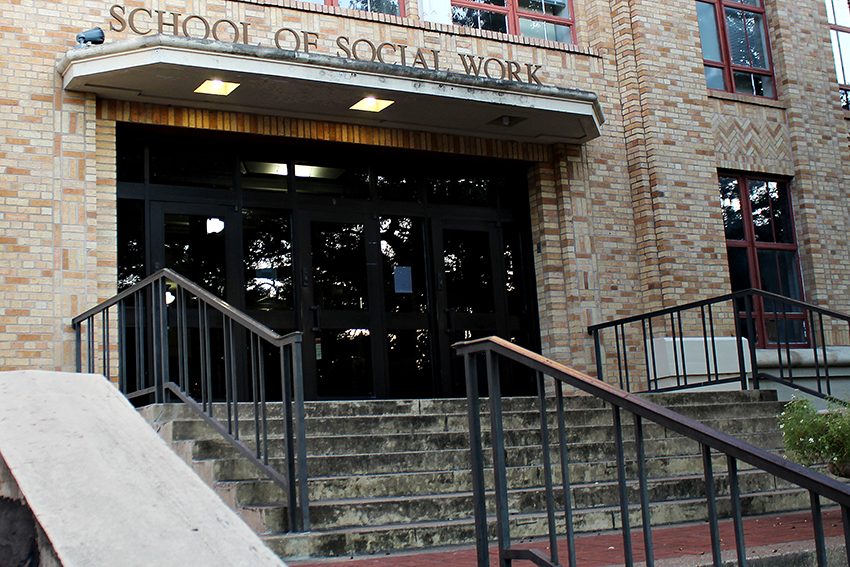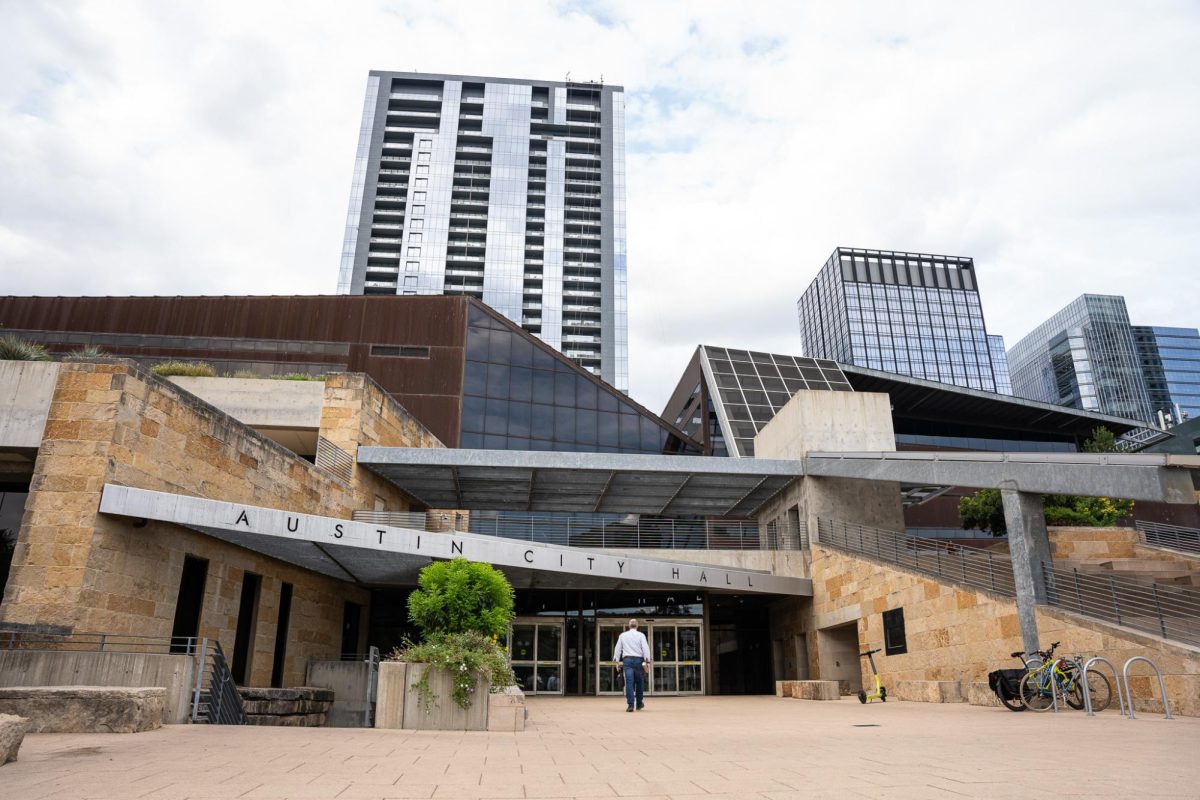For years, hundreds of sexual assault kits lay untested in Austin’s evidence rooms, spurring lawmakers and activists to take action in recent months.
Although most of those kits have been moved into testing centers, the city is determined to keep a backlog from happening again. The City Council passed a resolution Thursday authorizing the partnership between the Austin Police Department and the University’s Institute for Domestic Violence and Sexual Assault, granting $230,000 for research on the city’s Sexual Assault Kit Initiative, SAKI. The institute is a collaboration between UT’s School of Social Work, School of Law, School of Nursing and the Bureau of Business Research.
SAKI is administered by the federal Bureau of Justice Assistance, which recently granted Austin $2 million to fund research on sexual assault kit testing and other services for victims. Sexual assault kits typically contain DNA evidence collected from victims’ bodies and clothing, as well as evidence from the crime scene.
Caitlin Sulley, director of UT’s Sexual Assault Research Portfolio, said the partnership aims to create a community response to sexual assault cases, develop a victim–centered approach to untested sexual assault kits and prevent another kit backlog.
“There is a growing movement to test all sexual assault kits that are in property rooms,” Sulley said. “The governor just announced additional funding to test those kits. It’s something that we’re moving toward as a country, and the city of Austin is participating in that movement.”
APD grants manager Kyran Fitzgerald said improving the current victim notification plan is a major goal for the initiative. Investigators and researchers want to avoid retraumatization as much as possible when notifying past victims of the results of their sexual assault kit.
“This is us paying attention to what the Feds are recommending as best practices,” Fitzgerald said. “It’s us listening to people who have been pushing for this for quite a while.”
Jenny Black, forensic nursing director for Stop Abuse For Everyone Alliance — a nonprofit that provides support to victims of abuse and sexual assault — said a victim–centered approach is vital.
“It’s important to understand what the survivor wants to have happen, and the reasons why, and then you’re able to tailor information and services they’d like to have,” Black said.
Research and analytics related to the sexual assault kits could reveal habitual offenders and lead to further prosecution, as well as shed light on current investigation techniques, Fitzgerald said.
“We thought the SAKI project was something that would really benefit Austin,” Fitzgerald said. “Not just in eliminating backlog of sexual assault kits, but in making any necessary best practice improvements that range from victim services to investigation to prosecution to court, so there should be a lot of really good changes.”
Sulley said she looks forward to seeing the changes the University’s institute and its partners can make.
“It’s an issue of fundamental fairness,” Sulley said. “Testing the kits and working together as a community represents our commitment to the citizens and survivors, and their safety and well-being. I think it’s incredibly positive.”





















